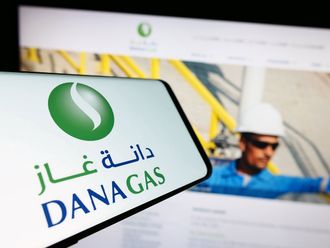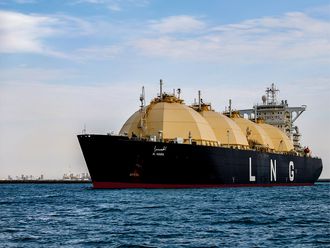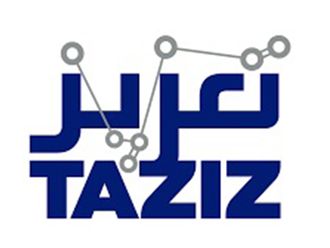Ankara: Turkey said on Friday that oil from Iraqi Kurdistan was being exported to international markets, a move that could exacerbate already-strained tensions between Iraq’s central government and its autonomous Kurdish region.
Energy Minister Taner Yildiz told reporters that shipments of Iraqi oil from Turkey’s Mediterranean port of Ceyhan began Thursday night.
“It’s Iraq that makes sales and possesses the oil and it’s again Iraq that will govern the future sales,” said Yildiz.
The exports via Turkey came in defiance of Baghdad which asserts its oil ministry must approve all sales.
The oil ministry in Baghdad and the prime minister’s office did not immediately respond to requests for comment.
Iraq has some of the world’s largest deposits of oil and gas, and the central government in Baghdad insists it has the sole right to develop and export the country’s natural resources.
Since the US-led invasion in 2003, Baghdad has been at loggerheads with the energy-rich autonomous northern Kurdish region, which has sought to sign deals with foreign firms and export without the consent of the central government.
The exports through Turkey could raise tensions between the Kurds and Baghdad after the April 30 elections in which the country’s Shiite Prime Minister Nouri Al Maliki emerged the biggest winner.
Arbil confirmed Friday the first sales of crude oil from Iraqi Kurdistan to world markets.
“A tanker loaded with over one million barrels of crude oil departed last night from Ceyhan towards Europe,” the Kurdish regional government said in a statement.
“This is the first of many such sales of oil exported through the newly constructed pipeline in the Kurdistan Region,” it added.
Appropriate approval
The United States voiced concerns on Thursday that the move could destabilise Iraq.
“Our position has long been that we don’t support exports without the appropriate approval of the federal Iraqi government, and certainly we do have concerns about the impact of those continuing,” US State Department spokeswoman Jen Psaki told a daily press briefing in Washington.
“Our most immediate concern is for Iraq’s stability,” she said.
“Iraq is facing a difficult situation. We’ve been clear that it’s important for all sides to take actions to help the country pull together and avoid actions that might further exacerbate divisions and tensions”.
Mete Goknel, a former director of state-owned pipeline company Botas, said mistrust prevailed given the long-running dispute between Iraqi Kurds and Baghdad over the share of energy resources.
“Both Baghdad and Washington are concerned at which account the revenue from the oil sales will be deposited, how it will be shared and be controlled,” he said.
Arbil said Friday the revenue from the sales would be deposited in Turkey’s state-owned Halkbank, assuring that it invited independent bodies to observe the sales and export process in line with its commitment to transparency.
Negotiation
It also said Iraqi Kurdistan would “continue to exert its rights of export and sell oil” but remained committed to negotiate “in good faith” with its counterparts in Baghdad “to reach a comprehensive settlement” on the sharing of energy supplies.
The latest development also risks harming Ankara’s relations with Baghdad.
In the past Turkey refused to engage in official contacts with Iraqi Kurds, fearing the establishment of a Kurdish state there could embolden its own Kurdish minority, which had waged a long separatist campaign.
But as Turkey’s economy has boomed, and its thirst for energy grown, Prime Minister Recep Tayyip Erdogan’s government has moved to forge ties with Iraqi Kurds.
Erdogan has even referred to the autonomous region in northern Iraq as “Kurdistan”, a word long taboo among politicians in Turkey.
Goknel, now an analyst, said Turkey has opened the way for Iraqi Kurds to export their oil to world markets, and in return, the energy-hungry country had better access to Iraqi Kurdish oil for its domestic consumption.
“The Iraqi oil is the best option for Turkey because it is a cheaper and more stable source of energy,” he said.












